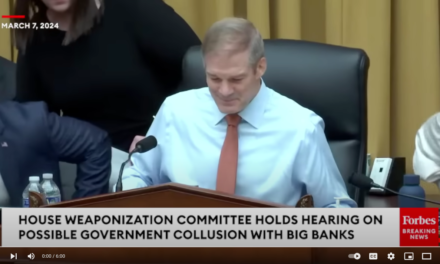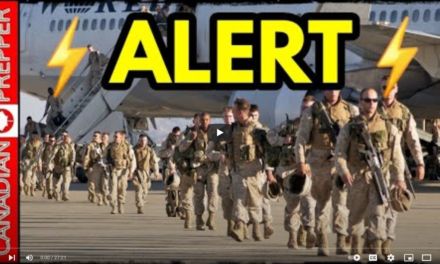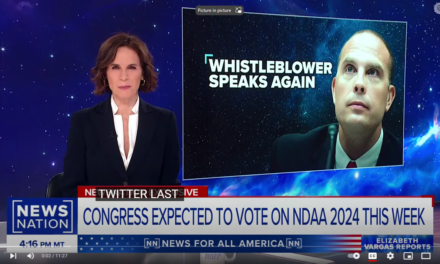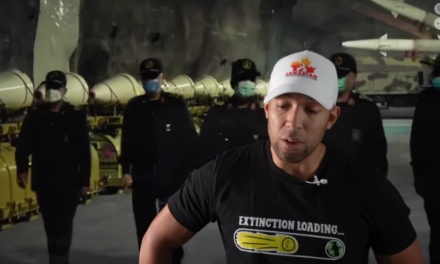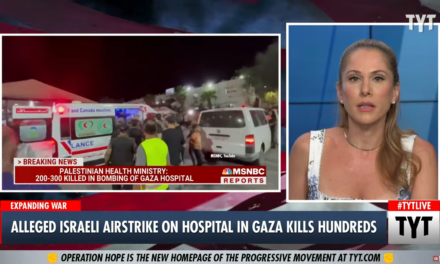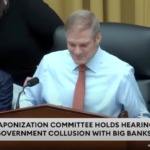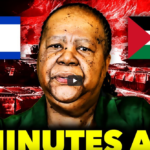In an era defined by geopolitical tensions and regional conflicts, the prospect of WW3, remains a topic of concern and discussion. The Canadian Prepper delves into the possibility of this cataclysmic event, shedding light on the various factors that contribute to the sense of unease surrounding global politics. In this blog post, we will explore the speaker’s analysis, highlighting the inflection points in world affairs that could potentially lead to a new global conflict.
The Inflection Point: A Precursor to Catastrophe
The speaker begins their argument by emphasizing the concept of an “inflection point” in global politics, a critical moment that could precede a cataclysmic event. This notion is rooted in the idea that global events are rarely linear, and sudden shifts can lead to major disruptions in daily life and critical services.
Key Factors and Recent Events
The speaker points to several key factors contributing to the perceived risk of WW3:
- Escalating Conflicts: Recent events, such as the shooting down of Iranian drones, the ongoing conflict in Syria, and attacks on embassies and protests in the Middle East, have intensified tensions and increased the potential for a larger conflict. These incidents highlight the fragility of the geopolitical landscape.
- Major World Powers’ Concerns: The concerns of major world powers, including Britain, regarding the current state of international relations, are alarming indicators of the global situation. These concerns underscore the importance of diplomatic efforts and conflict resolution.
- Involvement of International Organizations: The involvement of international organizations like NATO and the United Nations in regional conflicts further complicates the international stage. While these organizations aim to promote peace, their interventions can also fuel hostilities.
Preparation for Uncertain Times
In the face of these concerns, the Canadian Prepper suggests that individuals should be prepared for the possibility of an inflection point leading to an exponential explosion. They recommend self-defense measures, such as owning firearms and crossbows, as well as stockpiling essential supplies, including food, water, medical provisions, and prescription medications. Gathering important documents is also advised to ensure preparedness for any eventuality.
Global Factors Contributing to Uncertainty
The speaker highlights recent events happening around the world, which they believe are leading to the potential for WW3:
- Russia’s Proximity to the Black Sea: Russia’s increasing presence and influence near the Black Sea raise concerns about regional stability, particularly in Eastern Europe.
- NATO’s Involvement in Ukraine: NATO’s involvement in the conflict in Ukraine has raised tensions with Russia and further complicates the European security landscape.
- Protests in the Middle East and Turkey: Ongoing protests in the Middle East and Turkey are symptomatic of widespread discontent and volatility in the region.
Conclusion
The discussion of WW3 is a sobering reminder of the fragile state of global affairs. While the likelihood of a full-scale world war remains uncertain, it is crucial to monitor the geopolitical landscape, advocate for diplomacy and conflict resolution, and, most importantly, prioritize peace and international cooperation. As individuals, preparedness is prudent, but let’s not lose sight of the importance of preventing such a catastrophic event through peaceful means.



